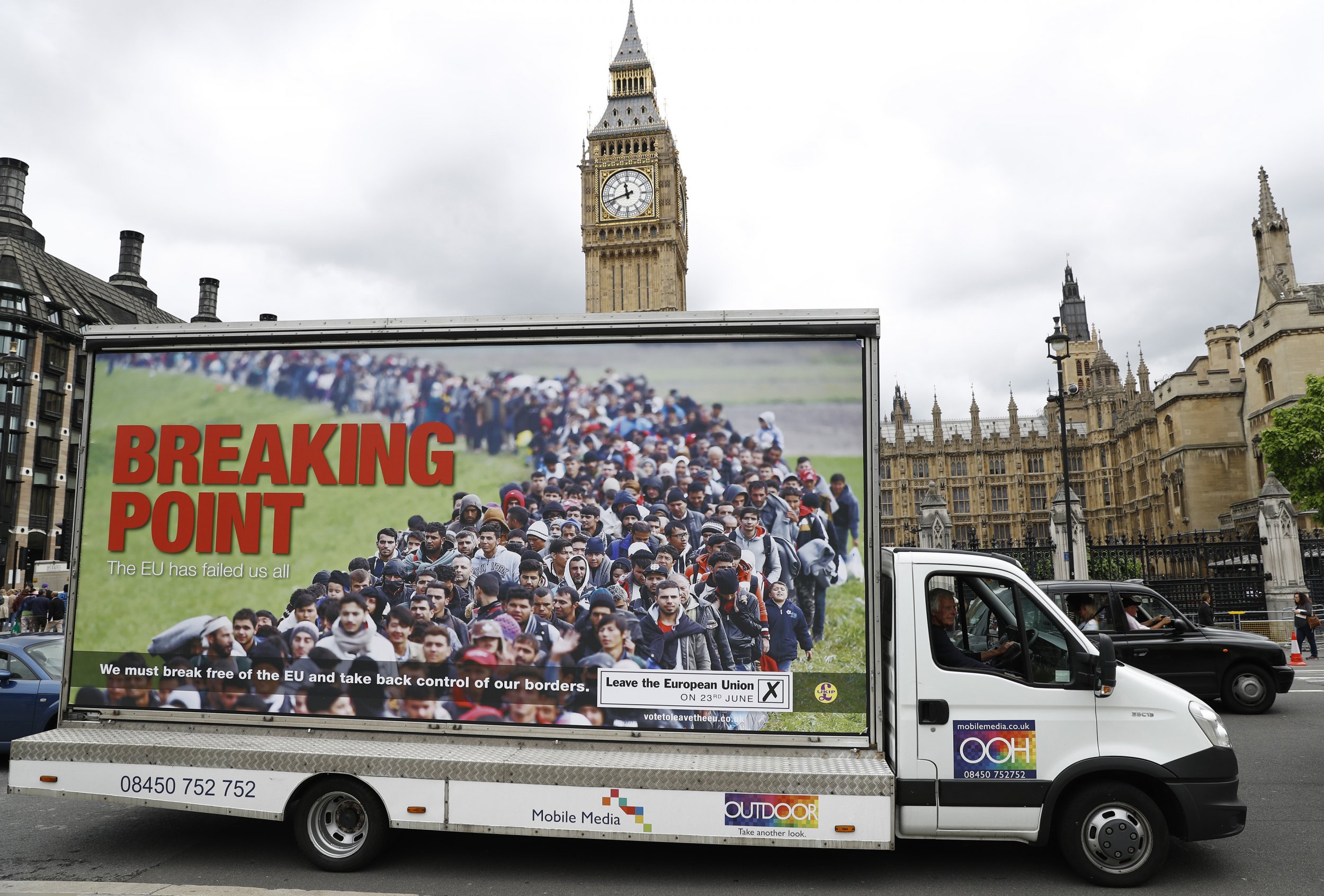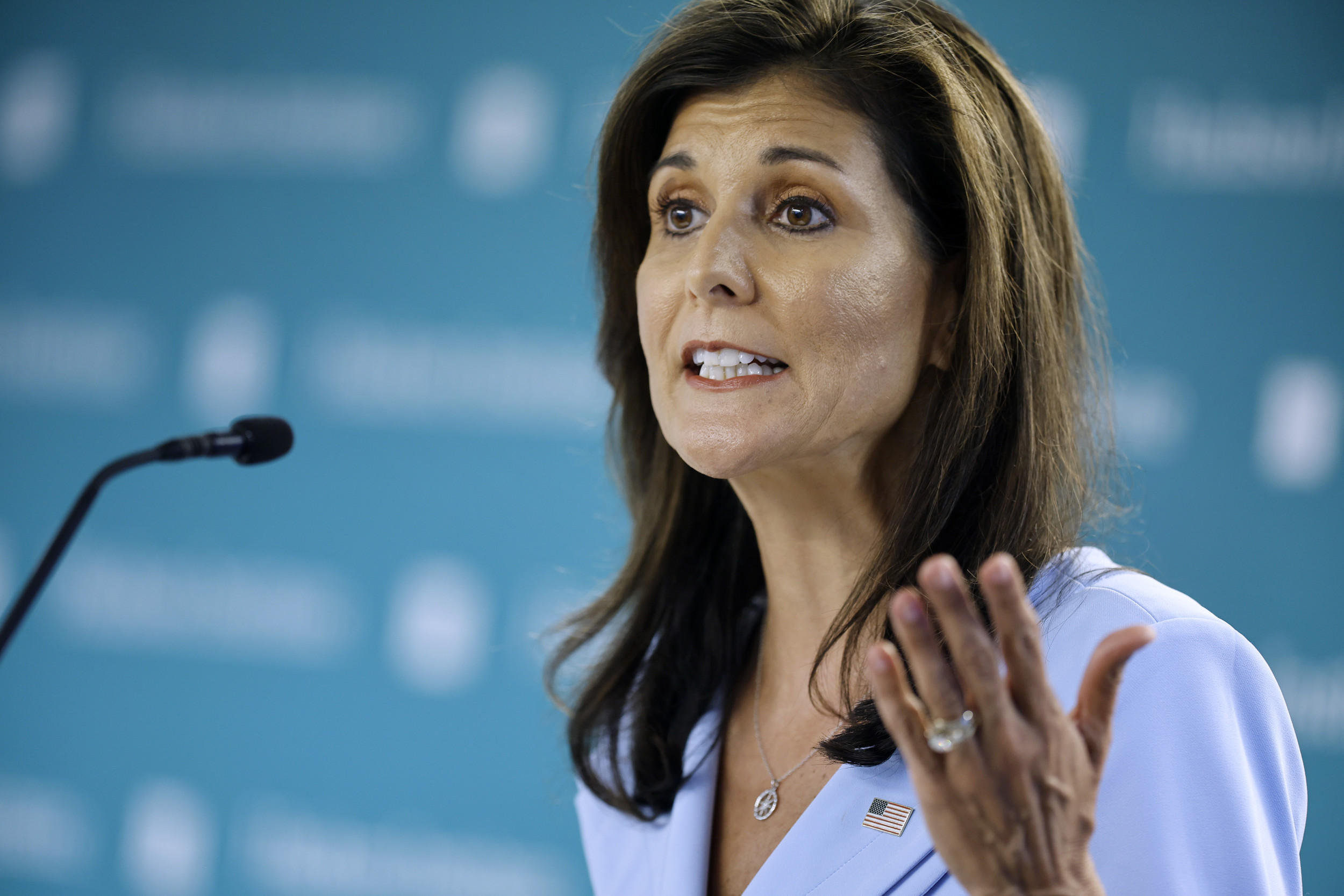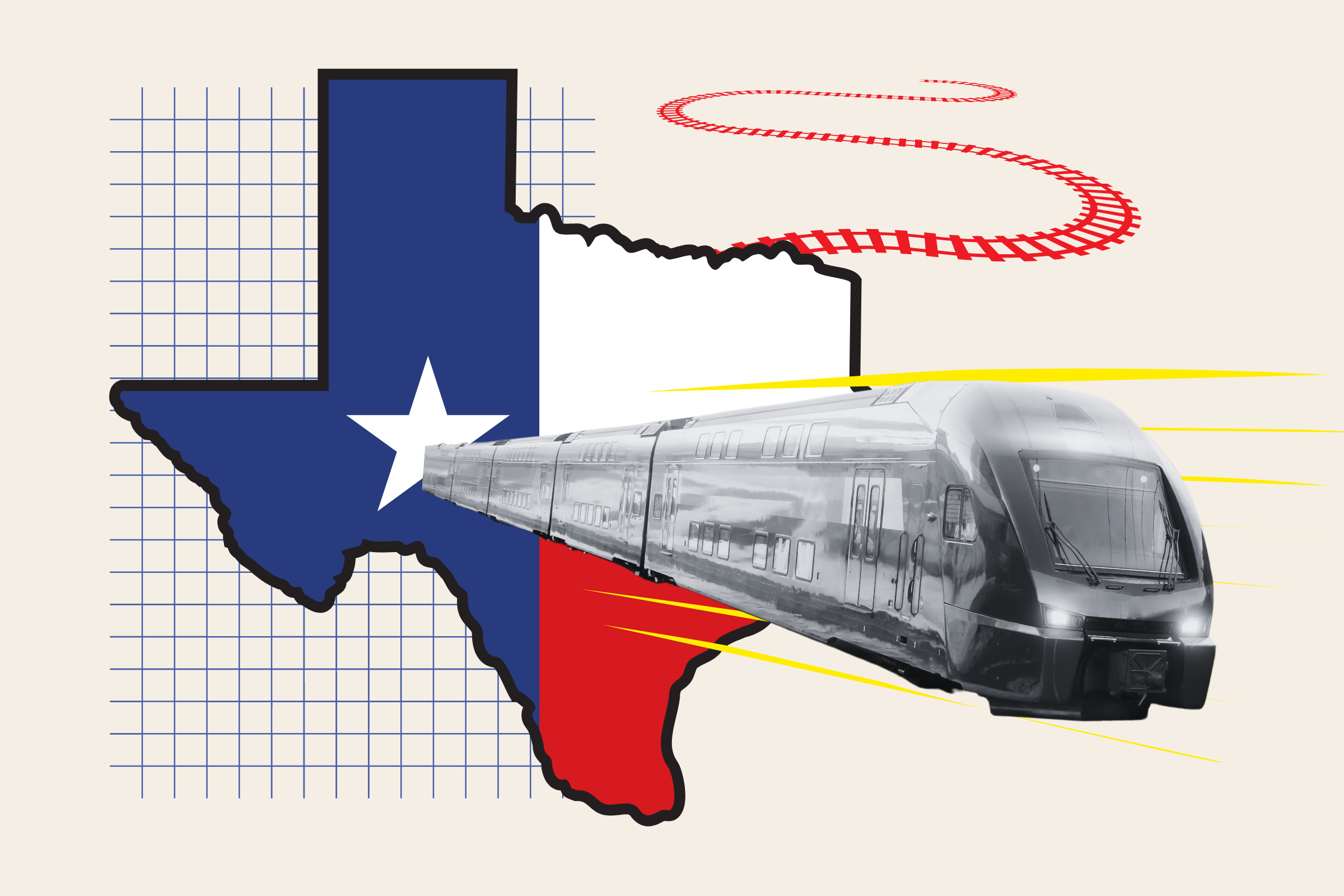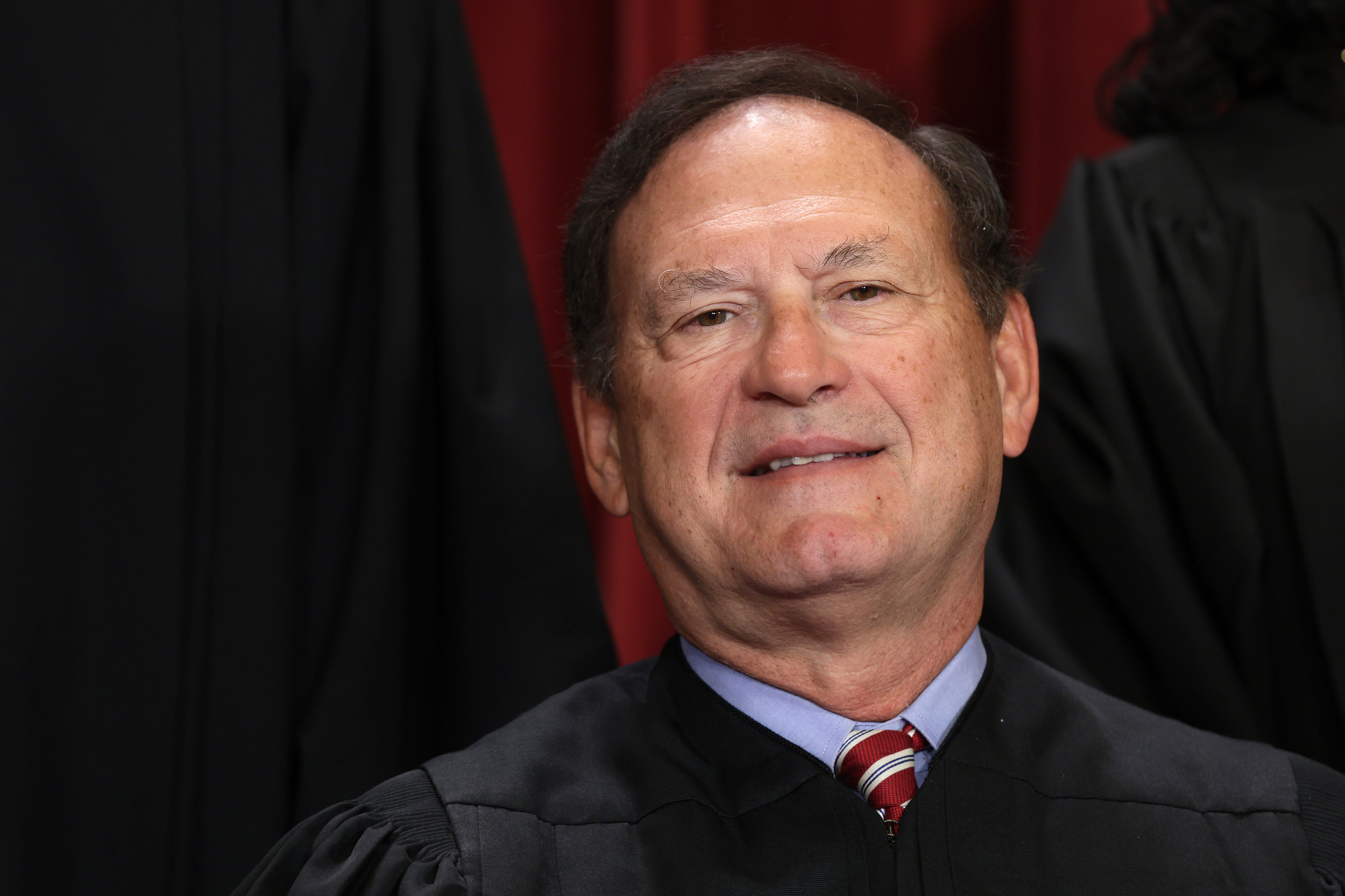
Quora Questions are part of a partnership between Newsweek and Quora, through which we'll be posting relevant and interesting answers from Quora contributors throughout the week. Read more about the partnership here.
Answer from Londoner Gareth Brady:
These are thoughts and comments from a Londoner who has actively followed the campaign and arguments on both sides. This is rather abridged but hopefully should give you a good sign post if you want to research any topic further.
I must start by saying this is purely my observations and while I have tried to leave out personal feelings my bias toward remain may show in parts. I am sure people much more informed and much smarter than I will be tearing this vote apart in the coming days.
The Beginning: Why the referendum occurred
David Cameron (our recently resigned prime minister) led the Tory party into the 2010 general election, didn't get the support he needed to win outright for a variety of reasons and so formed a coalition government with the Liberal Democrats (widely seen as a bad move for Lib Dems who have subsequently imploded). During the midterms, as USA would call them, the anti-immigration, anti-EU party UKIP (UK Independence Party) did exceptionally well, beating all expectations including their own.
This posed a problem for Cameron. You must understand that the Tories are traditionally a highly euro-skeptic party and very protective of democratic rights. Many of the Tory backbenchers (law makers with no direct power but needed to pass legislation) started to seriously question UKIP's rise and how they had a valid point, particularly on immigration and the sovereignty of UK Parliament. These two issues come from the EU in the form of:
- Free movement of people. A significant part of the EU is that anyone in the club can live and work anywhere they wish without needing visas or any other documentation. Anyone in the EU can turn up at the UK's door and be able to work and live there as long as they have a valid passport from an EU country.
- EU laws. These are split into two categories: Regulations and directives. Regulations are passed by the EU and must be implemented in its entirety across the EU, no exception. Directives are passed by the EU and each member country must pass local law (within a certain time period) of their interpretation of how best to implement it.

Clearly neither of these can be controlled as members of the EU. These both have very good reasons as to why they exist (e.g. laws and regulations on goods can be harmonized across nations, easing trade. Free movement allows people to go where the work is, reducing unemployment across the continent etc.) but the rise of UKIP showed the public were getting angry about these two issues in particular (there are others but these are the main sticking points). The Euroskeptic wing of the Tories started to pick up on this, demanding Cameron and fellow Europhile Tories do something about it, fearful of losing a large portion of their vote to UKIP.
This drove a wedge between the Tory party, and it came to a front when 95 MPs wrote a letter to David Cameron in early 2014 calling for a veto on any new EU laws. To prevent this and any further damage to his party Cameron announced he would renegotiate the UK's membership of the EU and then hold an in-out referendum if the Tories were re-elected in 2015.
During and after this period many Tory politicians defected to UKIP as they had become disillusioned with Cameron and the party in general. A key defection was Douglas Carswell (there are many others but Carswell is the most significant). As he was a sitting member of Parliament during the defection a by-election was called and Carswell retained his seat, giving UKIP their first MP.
This promise of an in-out referendum on a renegotiated EU calmed down the Tories, and Cameron led them into the 2015 election, where they did much better than expected and won an overall majority, the first time Tories have managed that since 1997.
So the renegotiation began and the referendum was held…
The Referendum: How we voted out (an observer's perspective)
The key question that must be asked is how the polls, politicians and markets all managed to get the answer wrong. Leading up to 23 June all of the above had it at too close to call, but with a leaning toward remain; indeed a poll on the day (not an exit poll) had the vote 52 percent to 48 percent to remain, and even Nigel Farage (leader of UKIP) suggested early in the night that leave may have lost.
With perfect hindsight I think that everyone has missed just how angry and frustrated the electorate has become and how divided the country actually is. Right now, united we are not.

The Vote Leave campaign carried the argument set out above, namely immigration and lack of sovereignty. This is an easy to understand concept, and no one denied it was a problem. The immigration issue particularly had been exacerbated, rightly or wrongly is not my place to say, throughout the preceding months due to the refugee crisis. They ran with the slogan "Take back control," and this is a powerful message. It is a message that drew on the sentiment of an island nation ready to take on the world on our own terms, as it once did before it joined the predecessor of the EU in 1972. For this reason alone it is no real surprise that the vast majority (61 percent) of those aged 65+ and the majority (56%) of those aged 50-64 voted to leave.
However, looking deeper into this and you find that immigration, a topic that has been consistently bubbling under the surface of British politics for some years now, suddenly got full attention. It was the factor that people considered; with 32 percent nationally saying it was the most important. Whilst in places like London and Edinburgh the concern over this issue is comparatively non-existent it is the "forgotten cities" that feel it hardest. This issue is entwined with the economy in towns and cities like Hartlepool and Sunderland to an extent that the political establishment did not realize, and this is why the Remain campaign failed to win.
Remain campaigned primarily on the basis of the economy, but not in a positive way. The key message was not "if we stay in we will all do very well" but rather "if we leave we will all do very poorly." There were two problems with this message from my point of view:
- Firstly, for the towns and cities that voted out, and even some that voted remain (e.g. Newcastle was expected to be 60 percent remain, with the result being 50.7% remain), this idea of how the EU has helped our economy and how we will rue the day if we leave it simply did not fly with voters. These places had not seen this stellar growth the Westminster elite spoke of and so really didn't feel threatened of this (for them) non-existent growth disappearing.
In some towns there has been such little economic growth following the demise of major industries in the mid-20th century such as mining and manufacturing that any immigration to the area has been seen as either competition for the few remaining jobs or severely depressing wages.
This whole idea can also be linked to the phenomenon of wanting to kick the political elite, both in Brussels and in London.
- Secondly, Vote Leave had a consistent and logically sounding rebuttal to this argument, being how we are the fifth largest economy in the world and all this rhetoric from Remain was mere scaremongering. We shall see in the coming years who was right on this point but suffice to say, this was a strong counter argument for Vote Leave.
So you had this depressing, doom and gloom campaign from Remain saying everything will be terrible if we leave (at one point Cameron even suggested World War III would break out) and this divisive immigration-led campaign from Leave.
Another point I want to raise as to why Remain lost is Labour. It was their forgotten heartlands in the North that swung far more to Leave than expected, showing a significant disconnect of them (90 percent of Labour MP's voted remain) and their core vote (polled to be 67 percent remain, on the day more like 55 percent remain). The reasons for this? There are many and they are multifaceted but I would say complacency and lacklustre leadership are up there as the two most important. The Labour party quite simply joined the debate in earnest far too late, only getting a consistent message out in force 10 days before the vote and their leader, Jeremy Corbyn, gave wanting to stay in the EU a less than full throated support at "7/10."

The future: What next for the UK and for Europe?
This section is full of hypotheticals. No one really knows anything, and if anyone tells you they do, they don't.
So for the UK mechanics of what's next, David Cameron has already resigned, and I will be highly surprised if any of his Remain colleagues in the cabinet last beyond he does. He will, however, be staying on until the Tory party conference in October, at which the next leader will be chosen. The Labour leader leader Jeremy Corbyn also has questions to answer about the drop in Labour support and how so many of their voters voted against the party, although whether he will actually be ousted is another question entirely.
Once October has passed and all parties have settled down, a general election will most likely be called—the current parliament term is not up until 2020 but the country voted the Tories on the basis of running the country and have a referendum; we did not vote them in on the basis of leading the negotiations of the UK to leave the EU. I strongly suspect that this election will occur around the year end (December/January time) and that UKIP will do exceptionally well. Once this election has been decided Article 50 of the Lisbon treaty will be invoked by the then prime minister, at which point two years of negotiations begin to determine what terms the EU and UK are on once we leave. What terms might this be? No one knows, but we do know that it cannot involve any free movement of people, nor giving up any sovereign lawmaking powers as these were the two cornerstones of the Vote Leave campaign. This alone rules out almost all current arrangements (i.e. we cannot copy Norway, or Switzerland or any other non-EU EEA member).
To borrow The Economist's wording, divided we fall. England (every region bar London) and Wales voted to leave the EU and yet Scotland, Northern Ireland and London voted to remain. The sad fact is we are no longer a United Kingdom, and although the work to repair these wounds caused by the debate has already started to begin the damage may be irreparable. The SNP, the largest party in Scotland, has already started legal proceedings to force a second independence vote on the basis that they have been taken out of the EU against their will (Scotland voted 60 percent to remain). How far this goes is anyone's guess right now but the issue is not going away quietly. Similarly how the land border between Northern Ireland and Republic of Ireland is now going to work is up in the air. London is similarly angry (like Scotland, also voted 60 percent remain) and may demand more powers be passed to the London mayor.
For the EU, well this is even less certain than for the UK. Polls in recent months have put a French exit vote at 48 percent and an Italian exit at 41 percent. Sweden actually stated they if Brexit occurred they would follow us out, and Netherlands strongly hinted that they would do the same. Whether any of this comes to pass is completely unknown but it is clear within Europe there is lots of anger towards the EU. The EU bureaucrats must take note and act accordingly if the 27 remaining members are going to survive.
The People: Foreigners in the UK and Brits in the EU
So we know for certain that absolutely nothing will change, at all, for at least two years from the trigger of Article 50 of the Lisbon treaty.
Following that it all depends on the negotiations of the exit, and really nothing more can be said at the moment.
Vote Leave during the campaign did say that nothing would change in regards to the status of EU citizens working and living in the UK. However, leading lawyers say the leave claims are not based in fact and the status quo is unlikely to continue, given that immigration was so central to the campaign. In reality the rights of EU citizens living in the UK are not guaranteed and will now be part of the negotiation.
The Economy: Crash or blip?
I am, by no stretch of the imagination, an economist.
The markets around the world today went through an almighty correction. As mentioned above the finance world strongly suspected that remain would win and so this was a serious shock to the system, requiring an immediate and absolute reversal of almost every traders position. However, with many FX traders reporting that a correction of up to 10 percent was expected on GBP vs USD on the result of the leave vote, the actual correction of 8.5 percent seems broadly in line.
Similarly, Mark Carney, the governor of the Bank of England, did all he could to reassure the market that UK banks had been stress tested against this type of economic shock and could easily survive. He also added that, if required, the BoE could pump in up to £250bn into the banking system to facilitate liquidity for normal operations.
So in all likelihood this is a market correction that will pan out over a few weeks. The real killer for the economy is uncertainty.
It is highly likely that all investments, major purchases, expansions etc. across all companies in all sectors will be put on hold until the outcome of the exit negotiations becomes clear. I do not expect this to be isolated to the UK but indeed an EU wide issue until the ripple effects of Brexit are better understood.
Can I get a general overview of what Brexit is? The hows, whys and what's next? originally appeared on Quora—the knowledge-sharing network where compelling questions are answered by people with unique insights. You can follow Quora on Twitter, Facebook, and Google+. More questions:
- Causes of the Brexit: Do you think that immigration is a real threat to England that will be solved by the Brexit?
- Politics of the United Kingdom: Does Britain have a constitution?
- United Kingdom's Exit from the European Union: What are the advantages and disadvantages of Brexit?
Uncommon Knowledge
Newsweek is committed to challenging conventional wisdom and finding connections in the search for common ground.
Newsweek is committed to challenging conventional wisdom and finding connections in the search for common ground.





